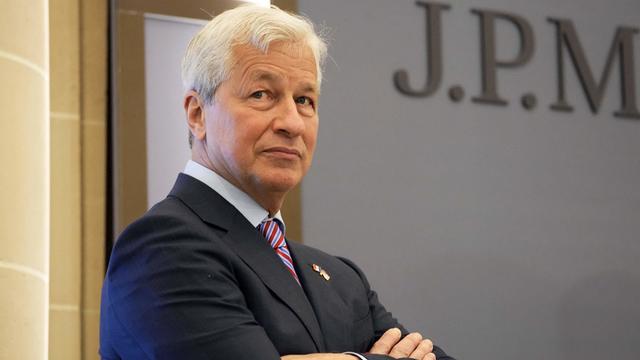
Jamie Dimon: Interest rates, war will cause economic "hurricane"
It won't necessarily be a recession, but expect a rocky road ahead, warns the JPMorgan Chase CEO.
Watch CBS News

It won't necessarily be a recession, but expect a rocky road ahead, warns the JPMorgan Chase CEO.
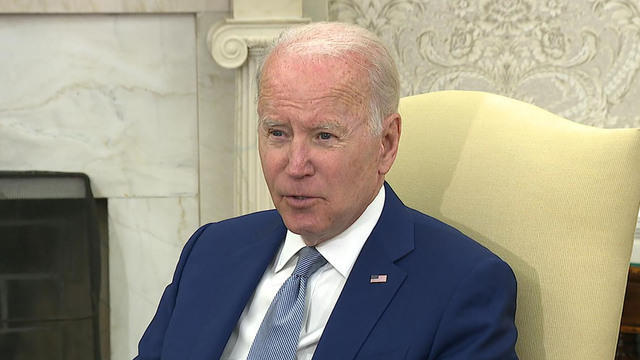
The U.S. is struggling with some of its highest levels of inflation in four decades. Heather Boushey, who is on the White House’s Council of Economic Advisers, joins CBS News to discuss the Biden Administration’s plans to address its new top economic priority, inflation.
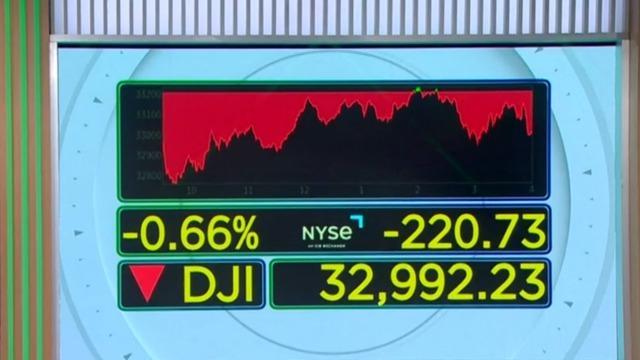
The major stock indexes ended Tuesday with losses after ping-ponging throughout the day. Geetu Sharma, the founder and investment manager of AlphasFuture LLC, joins CBS News during the closing bell on Wall Street to discuss what was driving the market and what to expect in June.
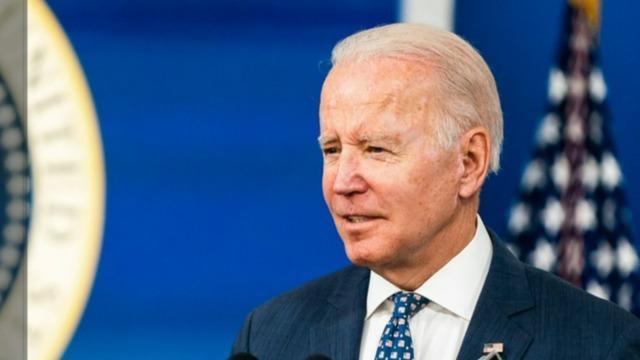
Americans have been facing rapidly increasing prices at the gas station and grocery store and in the housing market. President Biden is expected to address this during a meeting with Federal Reserve Chairman Jerome Powell on Tuesday. Frances Stacy, director of strategy at Optimal Capital, joined "CBS News Mornings" to discuss what's contributing to high inflation.
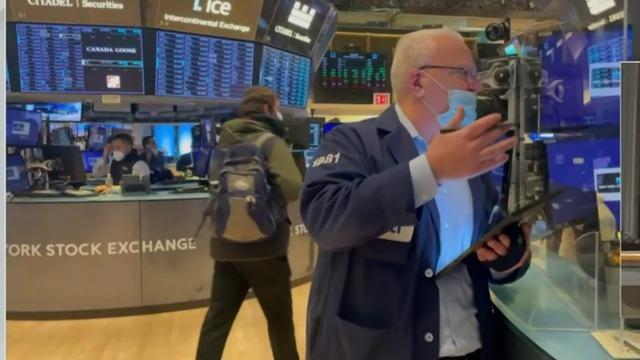
Greg Swenson, a founding partner of the merchant banking firm Brigg Macadam, joins CBS News' Jim Axelrod to discuss the latest stock market updates.
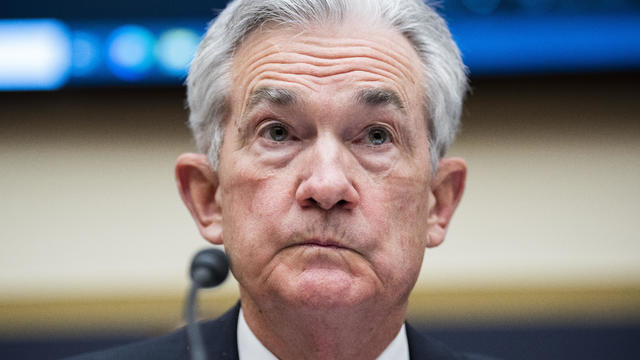
"The Federal Reserve plays a primary role in fighting inflation," President Biden said in his statement on Powell's confirmation.
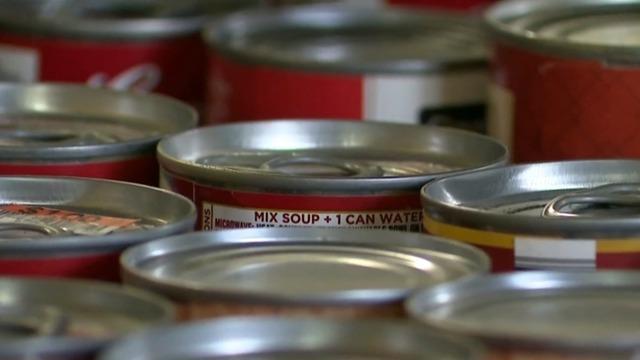
With the Federal Reserve introducing the steepest interest rate increase since 2000, prospective home owners are struggling to adjust. U.S. housing prices are up nearly 40% since March 2019, forcing many Americans out of their communities. Mark Strassmann has more.
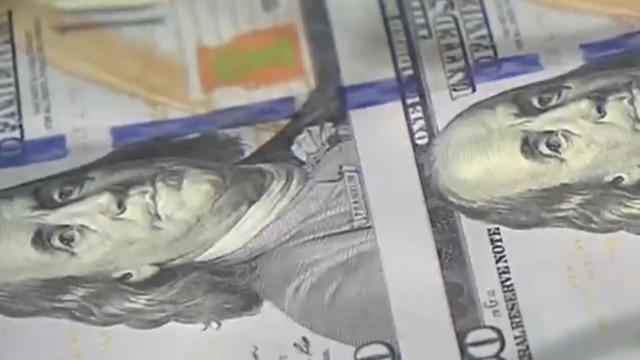
The U.S. economy remains strong despite rising inflation. But not everyone is feeling the economic boom. Carter Evans reports.
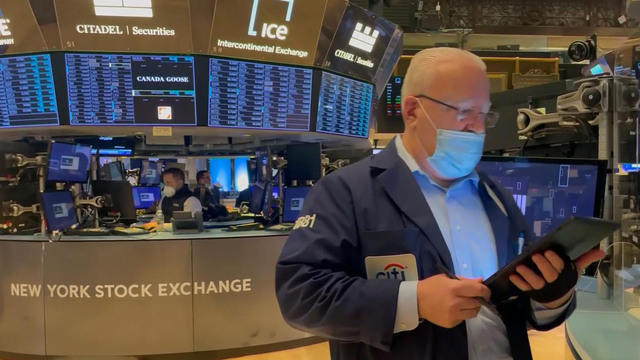
CBS News business analyst Jill Schlesinger joins "CBS Mornings" to discuss the dramatic stock market drop following the Federal Reserve raising interest rates to combat high inflation. She explains investors' reactions and what this means.

Economists expect a sharp increase in borrowing costs. That could impact credit cards, loans and other debt.
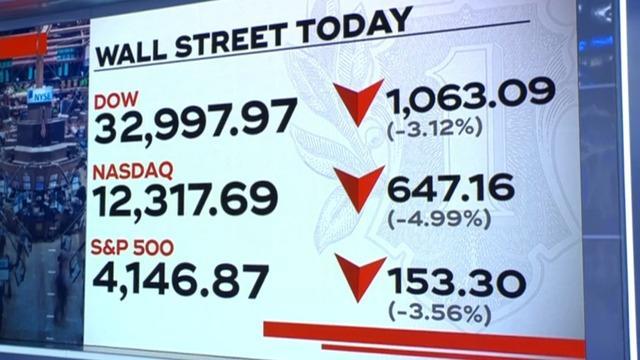
The Dow, Nasdaq and S&P plummeted Thursday as investors worry that the Federal Reserve's plan to fight inflation could slow the economy. CBS News business analyst Jill Schlesinger explains the volatility.
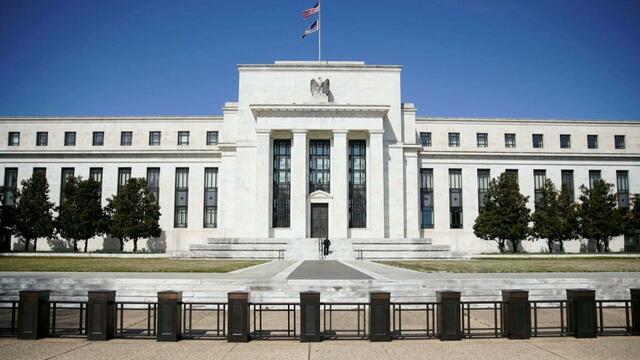
The Federal Reserve announced its biggest interest rate increase in over 20 years. The 0.5% increase is in response to high levels of inflation in America. Ajay Rajadhyaksha, Global Chairman of Research at Barclays, joins "CBS News Mornings" to discuss the impact it will have on Americans and the motivations behind the Fed's move.
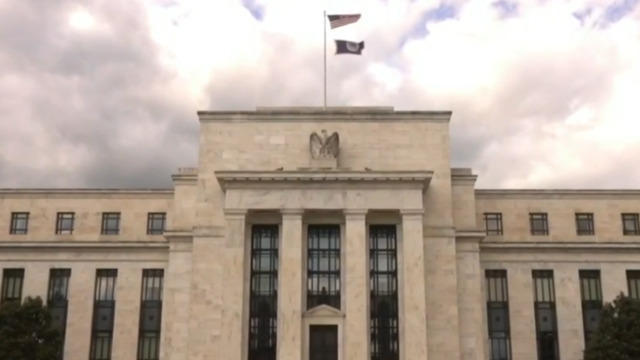
Federal Reserve raising interest rates; Hawaii lawmakers pass bill to raise minimum wage
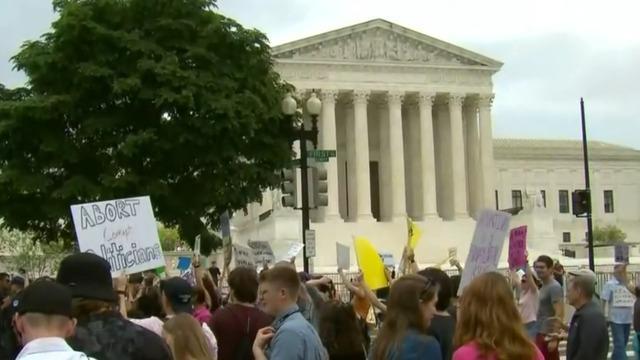
President Biden is facing concerns over jobs, the economy and inflation as well as the leak of a Supreme Court draft opinion indicating Roe v. Wade may soon be overturned. CBS News senior White House and political correspondent Ed O'Keefe joins Vladimir Duthiers and Anne-Marie Green with the latest.
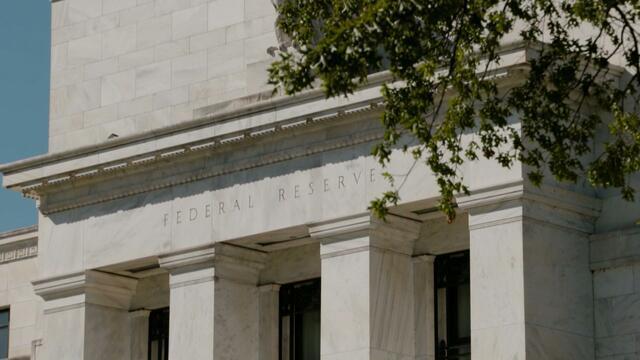
CBS News business analyst Jill Schlesinger joins "CBS Mornings" to discuss the Federal Reserve raising interest rates to combat high inflation. She explains when prices may finally drop and what this means.

Higher interest rates mean higher mortgage payments for homeowners nationwide. As the Federal Reserve seeks to curb a booming housing market, Mark Strassmann travels to Nashville, Tenn.
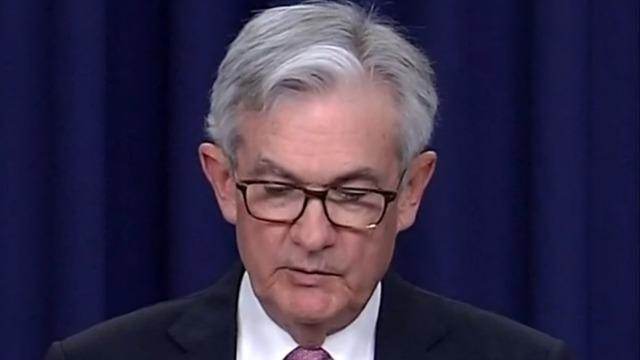
The stock market rallied on Wednesday after the Federal Reserve's announcement that it would raise interest rates by half a percentage point. Chief financial analyst at Bankrate.com Greg McBride joins CBS News' Tanya Rivero and Mola Lenghi with more.
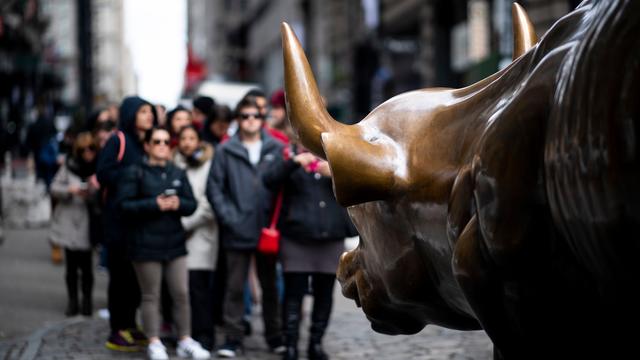
Investors cheered after Federal chair Jerome Powell says central bank is "not actively considering" bigger rate hikes.
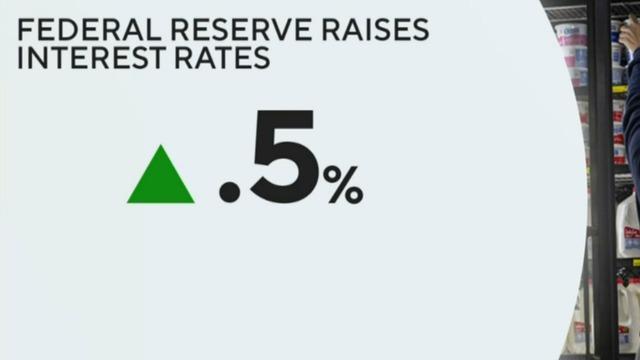
The Federal Reserve has raised interest rates by half a percentage point. Megan Greene, global chief economist for the Kroll Institute, joined CBS News' Tanya Rivero and Mola Lenghi to discuss the Fed's decision.
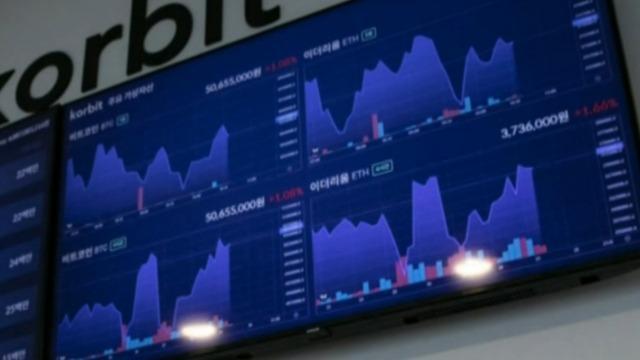
There are concerns the price of cryptocurrencies and other digital assets could tank when the Federal Reserve announces hikes to interest rates to offset inflation. Paul Vigna, a reporter with The Wall Street Journal, spoke with CBS News anchors Tanya Rivero and Mola Lenghi about the impact on crypto markets.
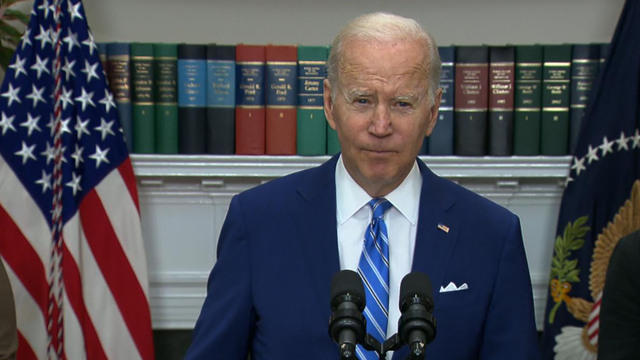
President Biden addressed the state of the economy and more in remarks ahead of what's expected to be the Federal Reserve's largest interest rate hike in more than two decades. CBS News correspondent Christina Ruffini joined CBS News' Tanya Rivero and Mola Lenghi to discuss.

Bank of America CEO and Chairman Brian Moynihan joins "CBS Mornings" to discuss possible Federal Reserve steps to reduce inflation and whether he thinks America is headed for a recession.
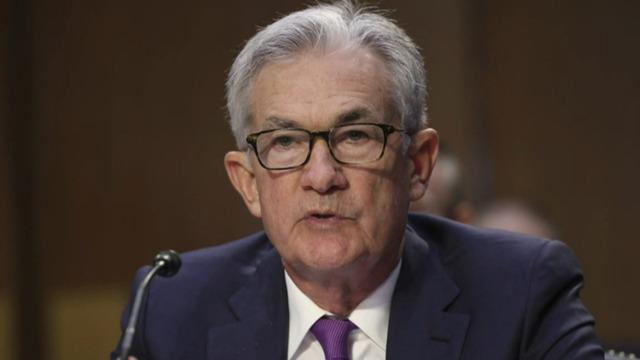
The Fed raised its rate by .25% in March, which some experts felt was not enough.
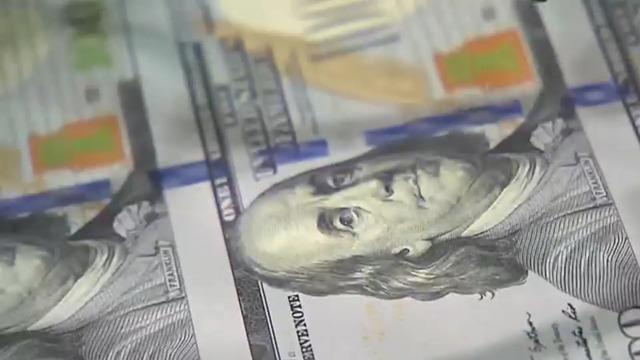
The president's first choice, Sarah Bloom Raskin, withdrew her nomination due to insufficient support in the Senate.
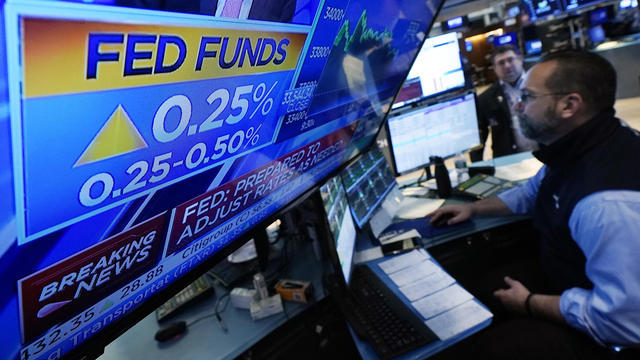
CBS News business analyst Jill Schlesinger joins "CBS Mornings" to share what this increase in interest rates means for credit cards, auto loans and more.
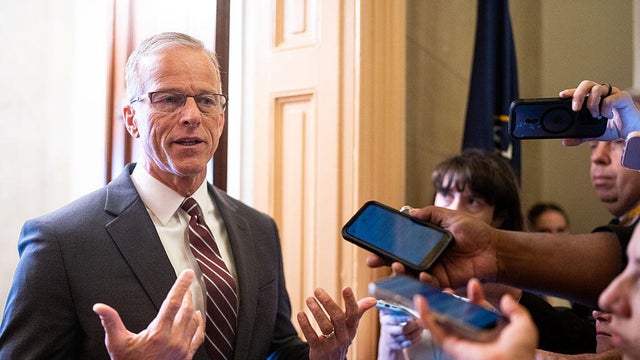
Senate Majority Leader John Thune said talks among rank-and-file senators aimed at ending the shutdown have ramped up.
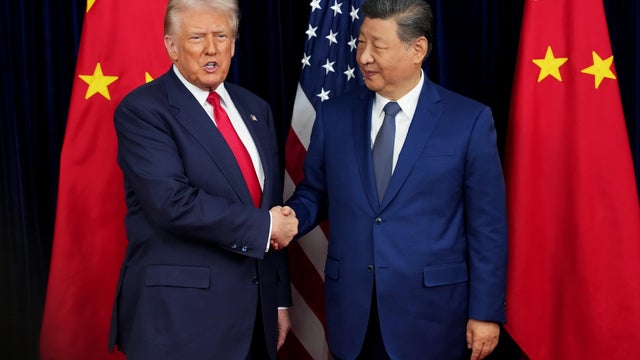
While flying back to Washington on Air Force One after the meeting, Trump told reporters it was a "great success" and said he would head to China in April for new talks.
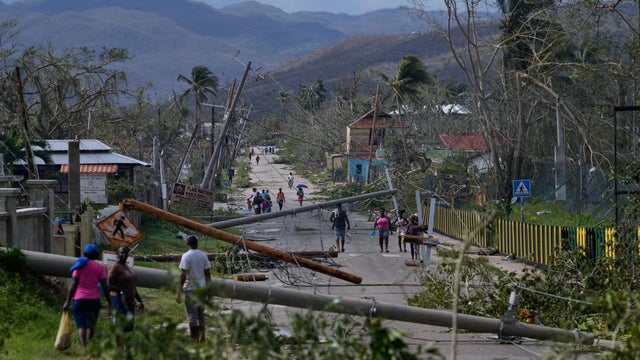
Hurricane Melissa has left dozens dead and widespread destruction across Jamaica, Haiti and Cuba, as it continues to threaten the Bahamas and Bermuda.
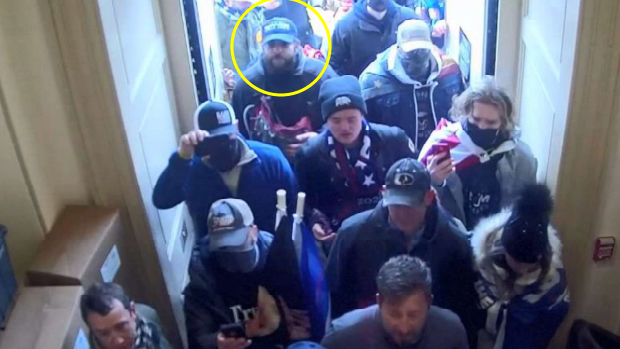
The Justice Department placed two federal prosecutors on leave after they filed court papers calling the Jan. 6 Capitol siege a "riot" perpetrated by a "mob," three sources told CBS News.

The U.S. military carried out a 15th strike on an alleged "narco-trafficking vessel," said Defense Secretary Pete Hegseth, bringing the known death toll to more than 50.
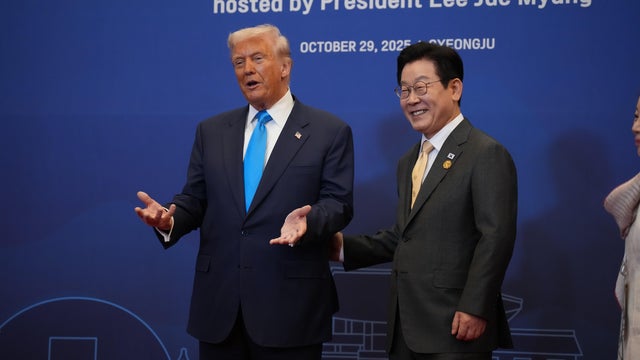
President Trump said Wednesday he's allowing South Korea to build a nuclear-powered submarine in Philadelphia.
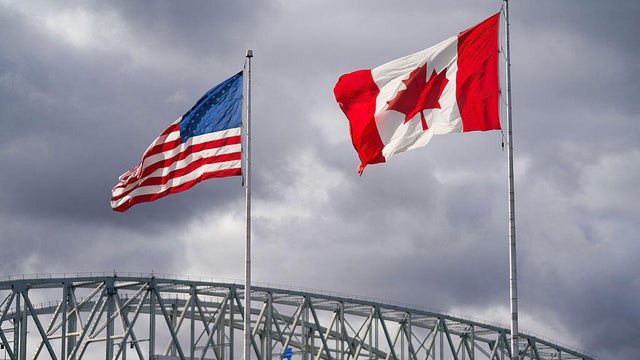
The Senate voted on Wednesday to approve a resolution that would block President Trump's tariffs on Canada.
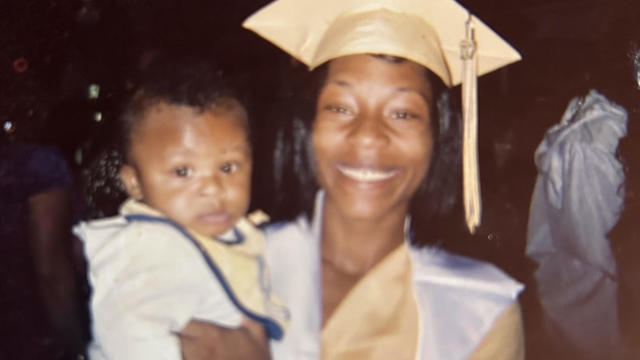
A jury has found former Sangamon County deputy Sean Grayson guilty of second degree murder for the fatal police shooting of Sonya Massey.

The Red Cross said its staff in Gaza "were not able to intervene directly on-site" as alleged Hamas members were seen burying and then uncovering the remains of a deceased hostage.